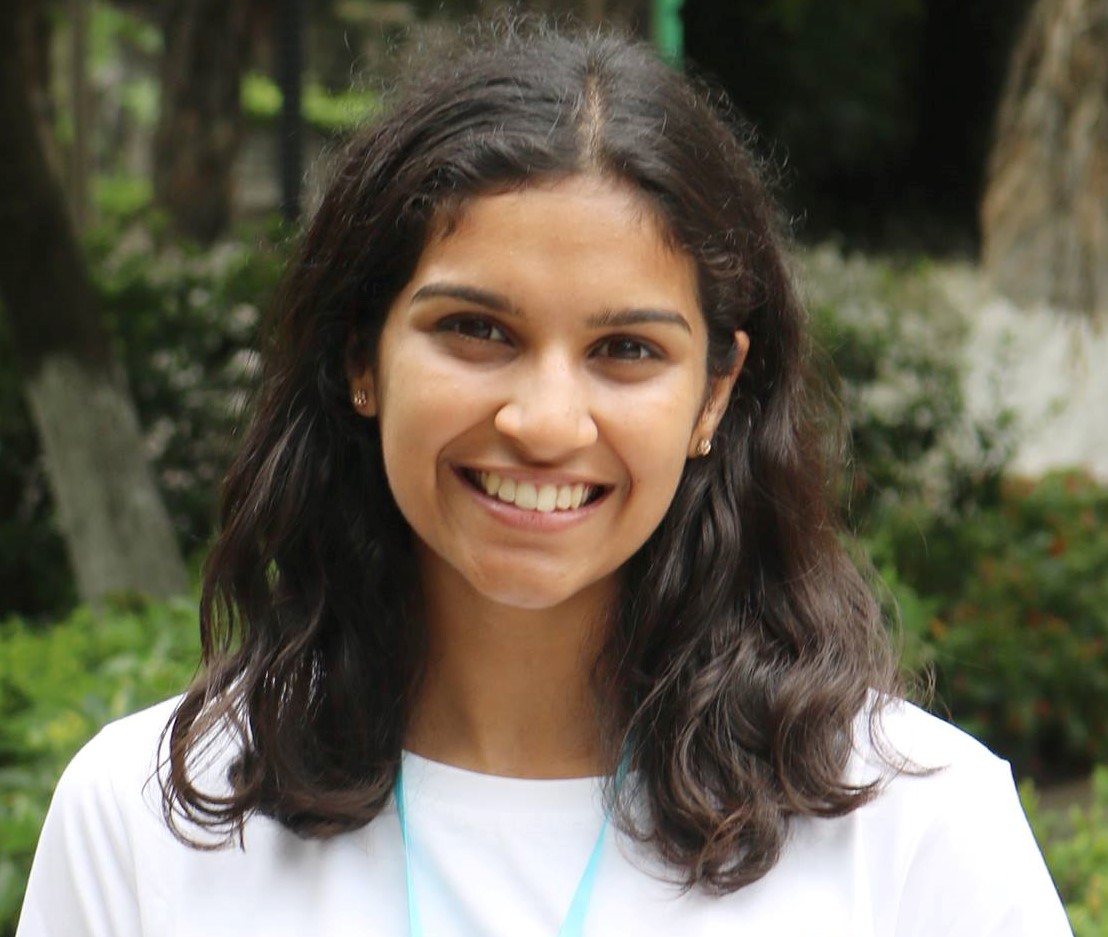Final year medical student Stephanie D’Costa gives her top tips for getting the most out your time on the wards.
As a medical student, spending time on the wards doesn’t always seem valuable. I start the day wanting to contribute to the team and learn for myself, but it can be hard to come away from a day on placement feeling like I’ve been productive. So what can students do to turn an ordinary placement into an excellent experience?
Don’t be afraid to tell doctors your agenda. Placements coincide with different pressures for students, whether that’s getting practical skills signed off, portfolio building, or exam practice. By letting the team know what you want to get out of your placement, they’re in a much better position to help guide you. I’ve found that asking for experiences that interest me means I’m less likely to be sitting in the corner wondering what to do.
Though it might not be the glamorous lifesaving that attracted you to medicine, developing good admin skills is essential for junior doctors. Writing in the notes is a vital part of the ward round and junior doctors are often glad to hand over the job. Just remember to get them looked over and co-signed—the General Medical Council has guidance on how a medical student can contribute to notes. Writing discharge letters are another opportunity to get some admin skills under your belt. Typing up a patient’s problem list is a good way to think about the progress of that patient, putting post-discharge appointments you’ll see in primary care into context. It can really help the team, too – editing a final draft rather than typing up the whole letter can save a lot of time! In clinics, offering to summarise a patient’s notes can be a useful way to learn about a new patient and remind the consultant about their past encounters with a follow-up.
Not every environment lends itself to a student actively helping. Theatres are an obvious location where you might feel nervous about getting involved. Depending on your level, there are ways to feel more involved in surgery—make sure to ask about sterility rules if you’re not quite sure. You might like to ask the anaesthetist if you can join them at the head of the bed, where there tends to be a good view of the action. As an enthusiast, I often seek opportunities to scrub in—even if the surgeon says no, they’re more aware of your interest. Preparing for surgery is key as a medical student—looking up a video of the procedure you hope to see is sometimes the best way to orientate yourself in the real thing.
Seizing opportunities when they arise can be key to extracting teaching from busy clinicians. When a patient’s scans are back, ask to present the imaging. This is a useful skill to practice for medical students as it sometimes comes up in exams. Observing doctors in action, as well as examining patients under supervision, has really helped my examination skills. There are certain techniques only those with experience can teach students—such as handling a screaming child in an ENT exam (throat last—that’s the worst part) or feeling for hepatomegaly when you’re uncertain (turning the patient on their side sometimes helps).
Teaching is an integral part of medicine, and as a final year, I’ve found that teaching younger students on the wards is one of the most efficient ways of retaining information. By preparing, planning and executing a teaching session, you’ll remember the content much more than if you were to just read it in a textbook.
The hardest part of succeeding on the wards is to keep trying. These opportunities might not come up every day and it’s easy to feel ignored, frustrated and out of place in a working environment. Keep going, and remember to appreciate the staff who help further your learning—you’ll soon be doing the same for medical students coming to you.
 Stephanie D’Costa, Final Year Medical Student at the University of Cambridge.
Stephanie D’Costa, Final Year Medical Student at the University of Cambridge.
Competing interests: none.
